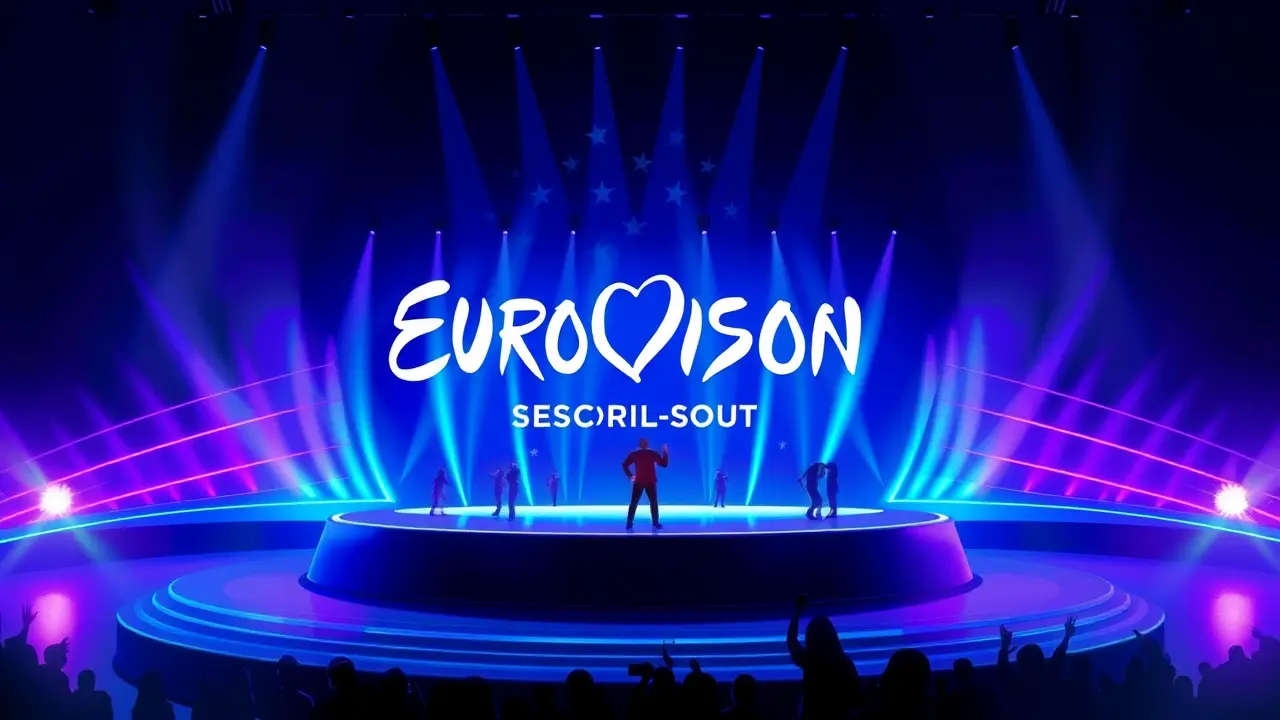Austria threatens Eurovision boycott over Israel participation.
The Eurovision Song Contest, conceived in the pan-European ashes of the Second World War as a grand, if melodious, experiment in fostering continental unity through lighthearted competition, now faces a diplomatic crisis that strikes at the very heart of its founding principles. Austria has threatened a full-scale boycott of the upcoming competition, a dramatic move precipitated by Israel’s continued participation amidst the ongoing and deeply divisive conflict in Gaza.This is not the first time geopolitics has intruded upon the glitter-dusted stage of Eurovision; one need only recall the controversies surrounding Russia’s participation following its annexation of Crimea, which culminated in its eventual exclusion after the 2022 invasion of Ukraine, setting a powerful precedent for the European Broadcasting Union's (EBU) handling of belligerent nations. The Austrian national broadcaster, ORF, under significant pressure from both public sentiment and political factions, has articulated a position that the inclusion of Israel creates an untenable moral equivalence and undermines the contest's stated mission of promoting peace and mutual understanding.This stance echoes the sentiments of other nations, with Ireland and Iceland also murmuring dissent, potentially forming a coalition of the unwilling that could fracture the event's cherished, if often illusory, apolitical facade. The EBU, for its part, finds itself navigating a treacherous strait between its rigidly defended policy of non-political inclusivity and the escalating pressure of international public opinion.Their current position rests on the technicality that Israel's public broadcaster, Kan, remains a member in good standing, and that the nation's entry does not violate contest rules regarding political messaging—a legalistic defense that appears increasingly fragile as the civilian death toll in the conflict mounts. Historically, the contest has struggled with this dichotomy since its inception in 1956; it was, after all, born from an idealistic desire to heal wartime wounds through cultural exchange, a project forever shadowed by the very realpolitik it sought to transcend.The participation of Israel itself, which joined in 1973 just before the Yom Kippur War, has always been a complex issue, sitting at the volatile intersection of European cultural identity and Middle Eastern politics. Analysts are now weighing the potential consequences of an Austrian-led boycott: a diminished field of contestants would inevitably tarnish the event's prestige and ratings, while simultaneously granting Austria a platform to amplify its diplomatic protest on a global stage.However, such a move is not without its perils; it risks alienating other member states and could be perceived as an unfair singling out of Israel when other participant nations have questionable human rights records. The debate forces a fundamental re-examination of what Eurovision represents in the 21st century.Is it a truly post-political space, a naive anachronism in a hyper-polarized world, or has it always been a subtle arena for soft power and national branding? The Austrian threat, therefore, is more than a simple dispute over a song contest; it is a microcosm of the broader European struggle to reconcile its liberal, humanitarian ideals with the messy and often brutal realities of global conflict. The EBU's eventual decision will not only determine the lineup for this year's spectacle but will also serve as a telling indicator of Europe's current political and ethical compass, a verdict delivered not in Brussels or Strasbourg, but on a stage designed for pop anthems and key changes.
CO
CosmicDustBunny12 hours ago
lol so we're just using pop songs to process geopolitical trauma now idk feels a bit on the nose
0
© 2025 Outpoll Service LTD. All rights reserved.
